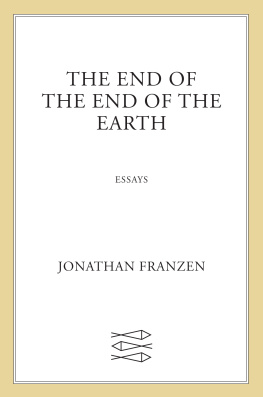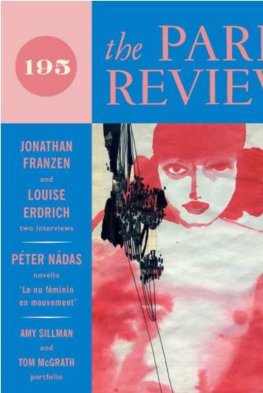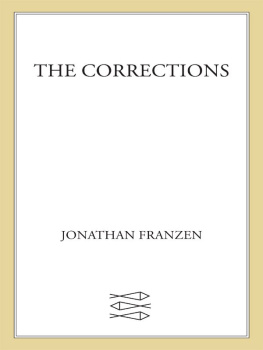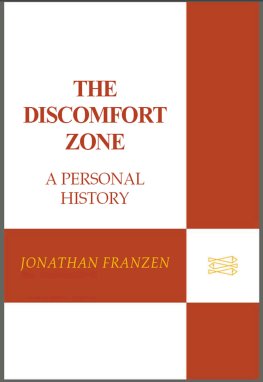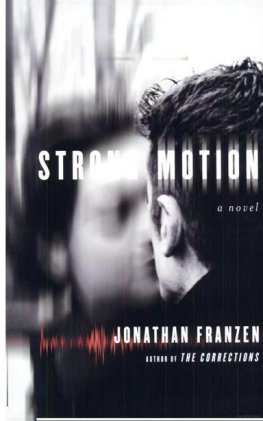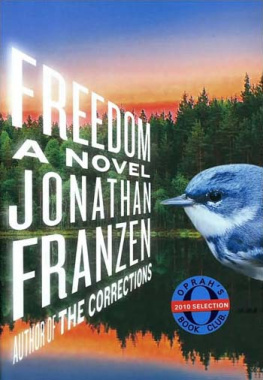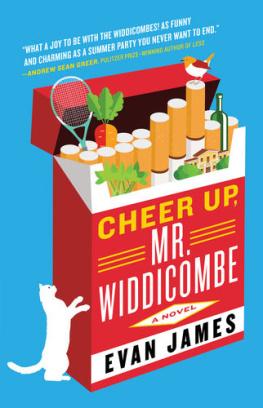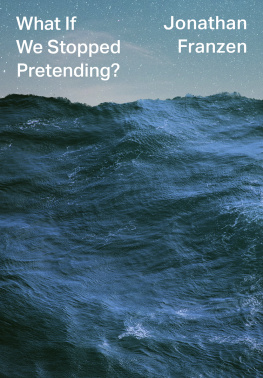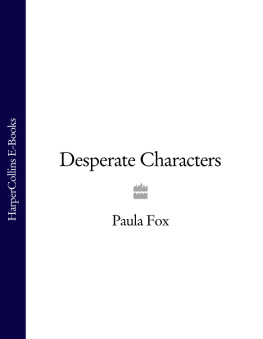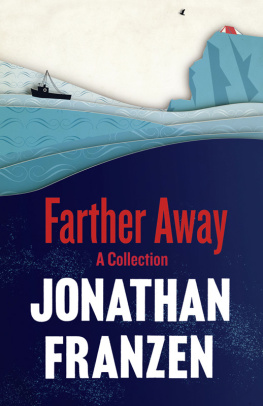If an essay is something essayed something hazarded, not definitive, not authoritative; something ventured on the basis of the authors personal experience and subjectivitywe might seem to be living in an essayistic golden age. Which party you went to on Friday night, how you were treated by a flight attendant, what your take on the political outrage of the day is: the presumption of social media is that even the tiniest subjective micronarrative is worthy not only of private notation, as in a diary, but of sharing with other people. The U.S. president now operates on this presumption. Traditionally hard-news reporting, in places like The New York Times , has softened up to allow the I, with its voice and opinions and impressions, to take the front-page spotlight, and book reviewers feel less and less constrained to discuss books with any kind of objectivity. It didnt use to matter if Raskolnikov and Lily Bart were likable, but the question of likability, with its implicit privileging of the reviewers personal feelings, is now a key element of critical judgment. And literary fiction itself is looking more and more like essay. Some of the most influential novels of recent years, by Rachel Cusk and Karl Ove Knausgaard, take the method of self-conscious first-person testimony to a new level. Their more extreme admirers will tell you that imagination and invention are outmoded contrivances; that to inhabit the subjectivity of a character unlike the author is an act of appropriation, even colonialism; that the only authentic and politically defensible mode of narrative is autobiography.
Meanwhile the personal essay itselfthe formal apparatus of honest self-examination and sustained engagement with ideas, as developed by Montaigne and advanced by Emerson and Woolf and Baldwinis in eclipse. Most large-circulation American magazines have all but ceased to publish pure essays. The form persists mainly in smaller publications that collectively have fewer readers than Margaret Atwood has Twitter followers. Should we be mourning the essays extinction? Or should we be celebrating its conquest of the larger culture?
* * *
A personal and subjective micronarrative: The few lessons Ive learned about writing essays all came from my editor at The New Yorker , Henry Finder. I first went to Henry, in 1994, as a would-be journalist in pressing need of money. Largely through dumb luck, I produced a publishable article about the U.S. Postal Service, and then, through native incompetence, I wrote an unpublishable piece about the Sierra Club. This was the point at which Henry suggested that I might have some aptitude as an essayist. I heard him to be saying, since youre obviously a crap journalist, and denied that I had any such aptitude. Id been raised with a Midwestern horror of yakking too much about myself, and I had an additional prejudice, derived from certain wrongheaded ideas about novel-writing, against the stating of things that could more rewardingly be depicted . But I still needed money, so I kept calling Henry for book-review assignments. On one of these calls, he asked me if I had any interest in the tobacco industrythe subject of a major new history by Richard Kluger. I quickly said: Cigarettes are the last thing in the world I want to think about. To this, Henry even more quickly replied: Therefore you must write about them .
This was my first lesson from Henry, and it remains the most important one. After smoking throughout my twenties, Id succeeded in quitting for two years in my early thirties. But when I was assigned the post-office piece, and became terrified of picking up the phone and introducing myself as a New Yorker journalist, Id taken up the habit again. In the years since then, Id managed to think of myself as a nonsmoker, or at least as a person so firmly resolved to quit again that I might as well already have been a nonsmoker, even as I continued to smoke. My state of mind was like a quantum wave function in which I could be totally a smoker but also totally not a smoker, so long as I never took measure of myself. And it was instantly clear to me that writing about cigarettes would force me to take my measure. This is what essays do.
There was also the problem of my mother, whose father had died of lung cancer, and who was militantly anti-tobacco. Id concealed my habit from her for more than fifteen years. One reason I needed to preserve my indeterminacy as a smoker/nonsmoker was that I didnt enjoy lying to her. As soon as I could succeed in quitting again, permanently, the wave function would collapse and I would be, one hundred percent, the nonsmoker Id always represented myself to bebut only if I didnt first come out, in print, as a smoker.
Henry had been a twentysomething wunderkind when Tina Brown hired him at The New Yorker . He had a distinctive tight-chested manner of speaking, a kind of hyperarticulate mumble, like prose acutely well edited but barely legible. I was awed by his intelligence and his erudition and had quickly come to live in fear of disappointing him. His passionate emphasis in Therefore you must write about themhe was the only speaker I knew who could get away with the stressed initial Therefore and the imperative mustallowed me to hope that Id registered in his consciousness in some small way.
And so I went to work on the essay, every day combusting half a dozen low-tar cigarettes in front of a box fan in my living-room window, and handed in the only thing I ever wrote for Henry that didnt need his editing. I dont remember how my mother got her hands on the essay or how she conveyed to me her deep sense of betrayal, whether by letter or in a phone call, but I do remember that she then didnt communicate with me for six weeksby a wide margin, the longest she ever went silent on me. It was exactly as Id feared. But when she got over it and began sending me letters again, I felt seen by her, seen for what I was, in a way Id never felt before. It wasnt just that my real self had been concealed from her; it was as if there hadnt really been a self to see.
Kierkegaard, in Either/Or , makes fun of the busy man for whom busyness is a way of avoiding an honest self-reckoning. You might wake up in the night and realize that youre lonely in your marriage, or that you need to think about what your level of consumption is doing to the planet, but the next day you have a million little things to do, and the day after that you have another million things. As long as theres no end of little things, you never have to stop and confront the bigger questions. Writing or reading an essay isnt the only way to stop and ask yourself who you really are and what your life might mean, but it is one good way. And if you consider how laughably unbusy Kierkegaards Copenhagen was, compared with our own age, those subjective tweets and hasty blog posts dont seem so essayistic. They seem more like a means of avoiding what a real essay might force on us. We spend our days reading, on screens, stuff wed never bother reading in a printed book, and bitch about how busy we are.
I quit cigarettes for the second time in 1997. And then, in 2002, for the final time. And then, in 2003, for the last and final timeunless you count the smokeless nicotine thats coursing through my bloodstream as I write this. Attempting to write an honest essay doesnt alter the multiplicity of my selves; Im still simultaneously a reptile-brained addict, a worrier about my health, an eternal teenager, a self-medicating depressive. What changes, if I take the time to stop and measure, is that my multi-selved identity acquires substance .
* * *
One of the mysteries of literature is that personal substance, as perceived by both the writer and the reader, is situated outside the body of either of them, on some kind of page. How can I feel realer to myself in a thing Im writing than I do inside my body? How can I feel closer to another person when Im reading her words than I do when Im sitting next to her? The answer, in part, is that both writing and reading demand full attentiveness. But it surely also has to do with the kind of ordering that is possible only on the page.
Next page
